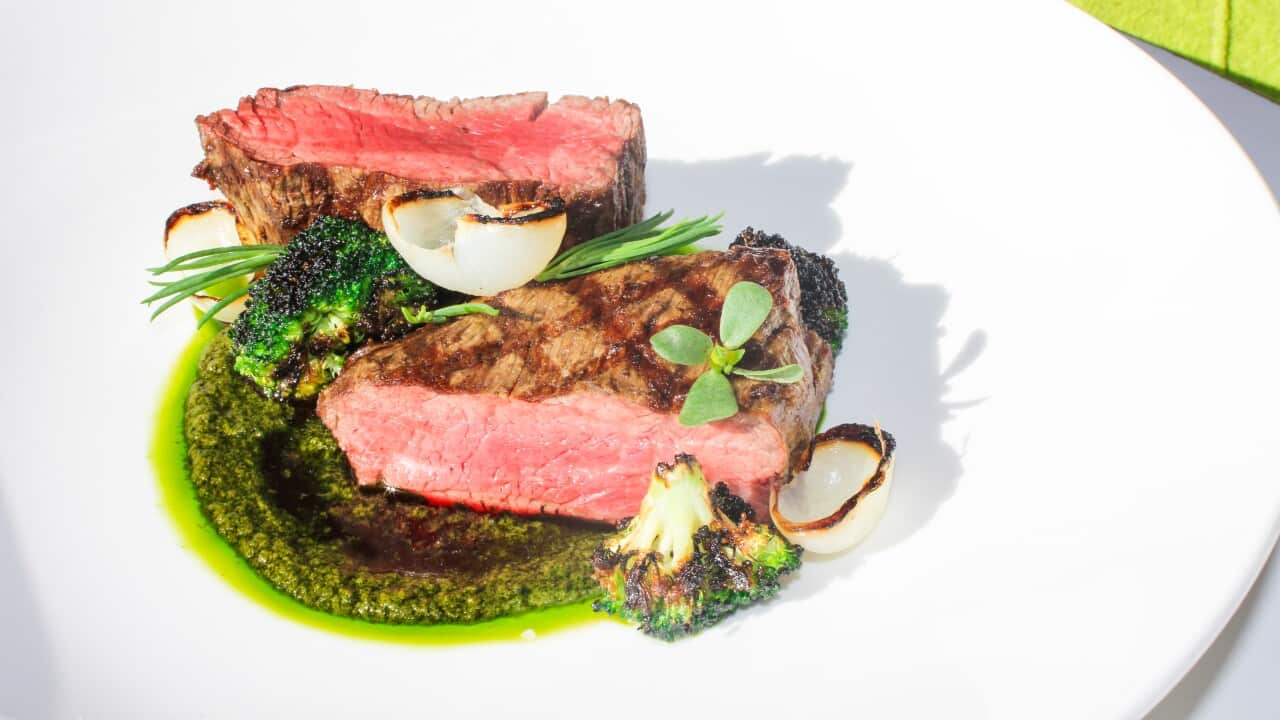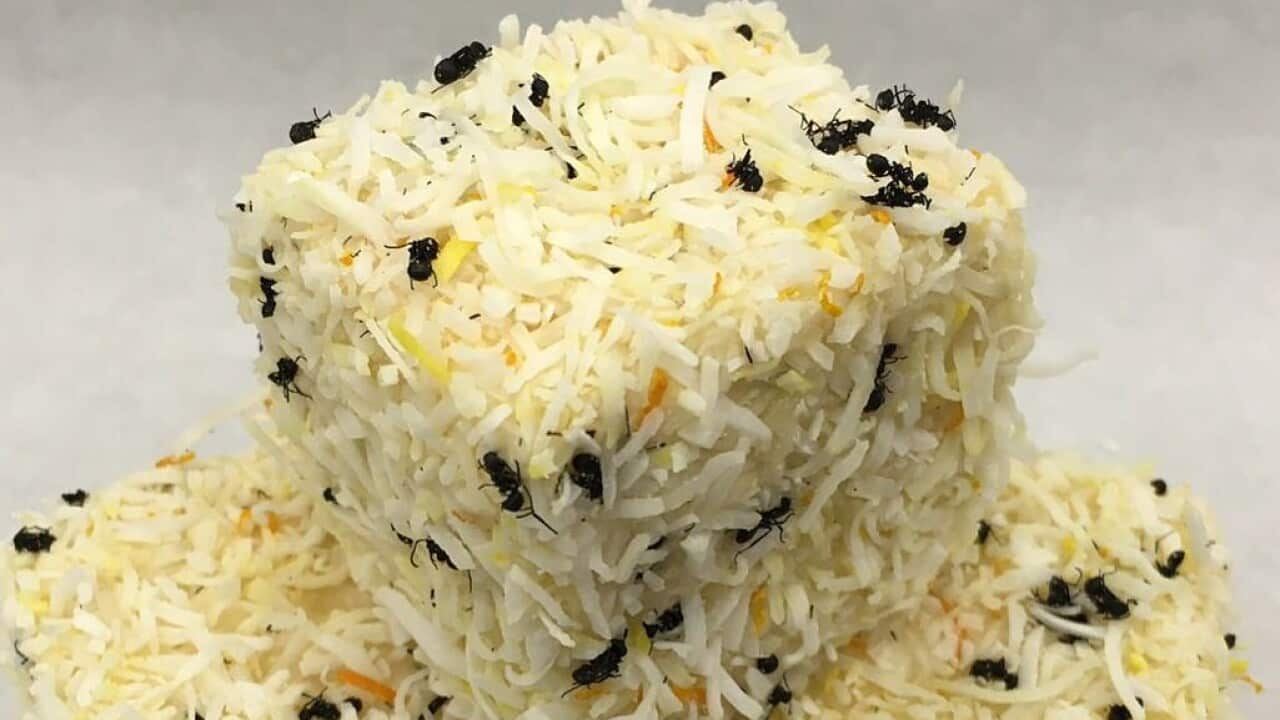The health food trends that are set to take over your supermarket shopping trolley and dinner plate throughout 2020 may be influenced by your attitude to environmental disasters happening throughout the world.
Registered nutritionist working with the educational institution and former environmental scientist, Sophie Scott, says the unprecedented scale and tragic outcome of the current bushfire crisis could impact the way people in Australia shop and eat in 2020.
“We are currently seeing the effects of climate change through the devastating bushfires that are happening right now across Australia”, Scott says. “These bushfires may be a turning point for some Australians, who are concerned about the environment. It may motivate them to reconsider their eating habits.”
Here are some of the eating habits that may gain popularity in 2020.
These bushfires may be a turning point for some Australians, who are concerned about environment. It may motivate them to reconsider their eating habits.
1. Plant-based foods
According to a online article, which revealed the 2020 food predictions made by Uber Eats, people living in the developed world will increase their preferences for plant-based foods and meals perceived to be healthy.
Scott agrees with the prediction and believes that we’ll see an invigorated shift towards and social conscious dining in 2020.
However, she says, the shift won’t just be a continuation of the same movement to plant-based burgers and flexitarian diets that we saw last year. This year, she says, the trend will carry more momentum because of recent weather and environmental events.
“Behaviour change usually happens quite slowly, in general, but it does happen [a bit faster] when there’s an environmental or health crisis," Scott comments. “So in 2020, we will see a shift in behavioural norms surrounding plant-based and sustainable foods.”
Accredited Practising Dietitian, , explains that she’s cautious about the health ramifications of a continued plant-based food trend if the products driving the change are overly processed.
“I agree that the trend will continue to boom in 2020,” Austin, and spokesperson for the tells SBS. “But just because plant-based foods will boom, it doesn’t mean they’ll be healthy. Soft drinks have boomed and they aren’t healthy. Simply labelling a food product as ‘vegetarian’ or ‘vegan’ doesn’t make it healthy either – I mean hot chips are vegan.”
Austin recommends that if you want to adopt a plant-based diet, it’s always better to opt to eat real foods like fruit and vegetables.
“We don’t need to be creating lots of processed fake meats and burgers when there are plenty of vegetables we can eat that exist as wholefoods without emulsifiers or flavour enhancers.
“If you want to learn how to use vegetables in a healthy, tasty way, just look to the Mediterranean diet for examples of how to make vegetables taste flavoursome and simple. You can just have a bowl of cucumber, tomato, olives and lettuce dressed with a really good extra virgin olive oil, oregano and cracked pepper. Cooking or preparing vegetables as part of a plant-based diet doesn’t difficult or involved a lot of processed foods, and it can still taste good.”
2. Lab-grown proteins
Scientists across the world have been experimenting with growing lab-based animal proteins for some time now. Yet Scott predicts that they'll hit the market very soon.
“Scientists are already making meats, eggs and fish in a lab environment from stem cells," Scott says. “The concept is quite futuristic and lab-grown proteins are not commercially available yet but they may become commercially available this year,” she hints. “That's how close we are to lab-grown proteins becoming a potential reality.
But just because plant-based foods will boom, it doesn’t mean they’ll be healthy. Soft drinks have boomed and they aren’t healthy.
If lab-grown proteins do become widespread, the plant-based protein trend could also be affected.
"Plant-based proteins may be popular now but they'll become irrelevant if we're going to make everything in a lab environment.
"The biggest hurdle to adopting lab-grown meats into our diet will be, of course, consumer acceptance.”
3. Insect foods
Scott says insect foods, like cricket-based products, will gain greater traction in 2020 than they have done previously.
“We know red meat has a considerable environmental impact,” Scott says. “So we may see a shift in favour of alternative protein foods, like cricket flour.”
Although cricket products have been available for some time now, there have been two major popularity obstacles in their way. Scott explains that to-date they’ve been hard to source and semi-exclusive, available online and at select stores. But according to the creator of the , Australian-farmed cricket flour is now available at some Woolworths supermarkets.
The second influencing factor is that consumers don’t really know how to use cricket products. But, she adds, once education is provided and people try cricket-based foods in restaurants, this obstacle will be overcome.
“What will happen is that high profile restaurants may get on board and use cricket products in a way that’s acceptable to the consumer. Once that happens, we will see more insects on Australian plates.”
Austin supports insect-based foods like cricket flour becoming more common in the modern diet.
“Insects are just another way of eating protein,” Austin says. “In many countries across the world and even in Indigenous Australia, people have been eating them for years. It’s just that we need to adjust our mindset to eat them.”









